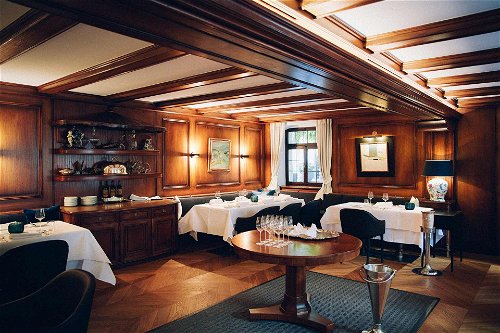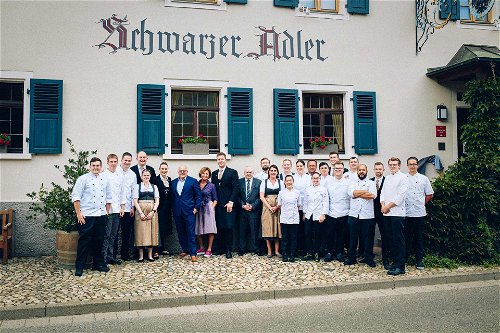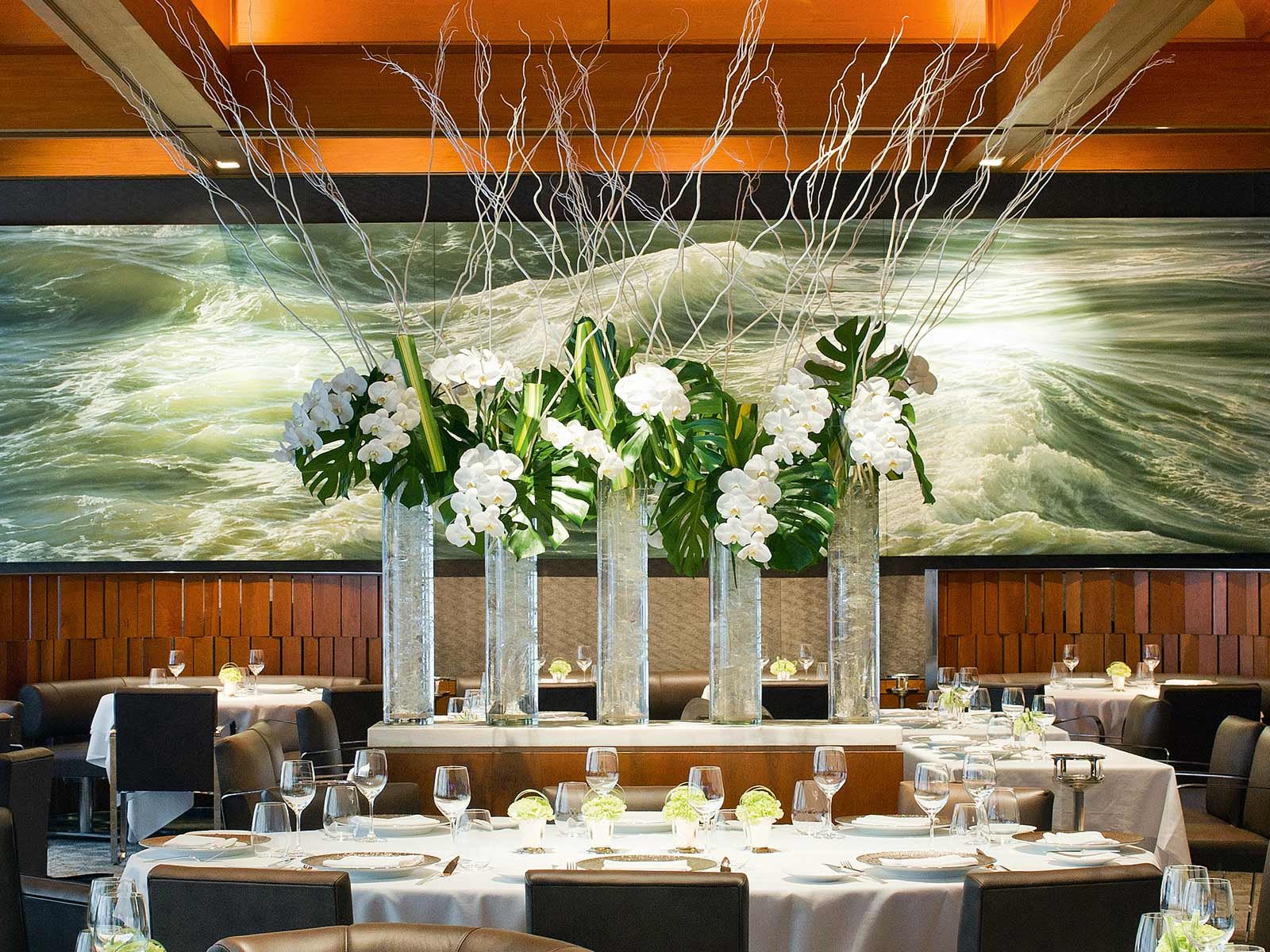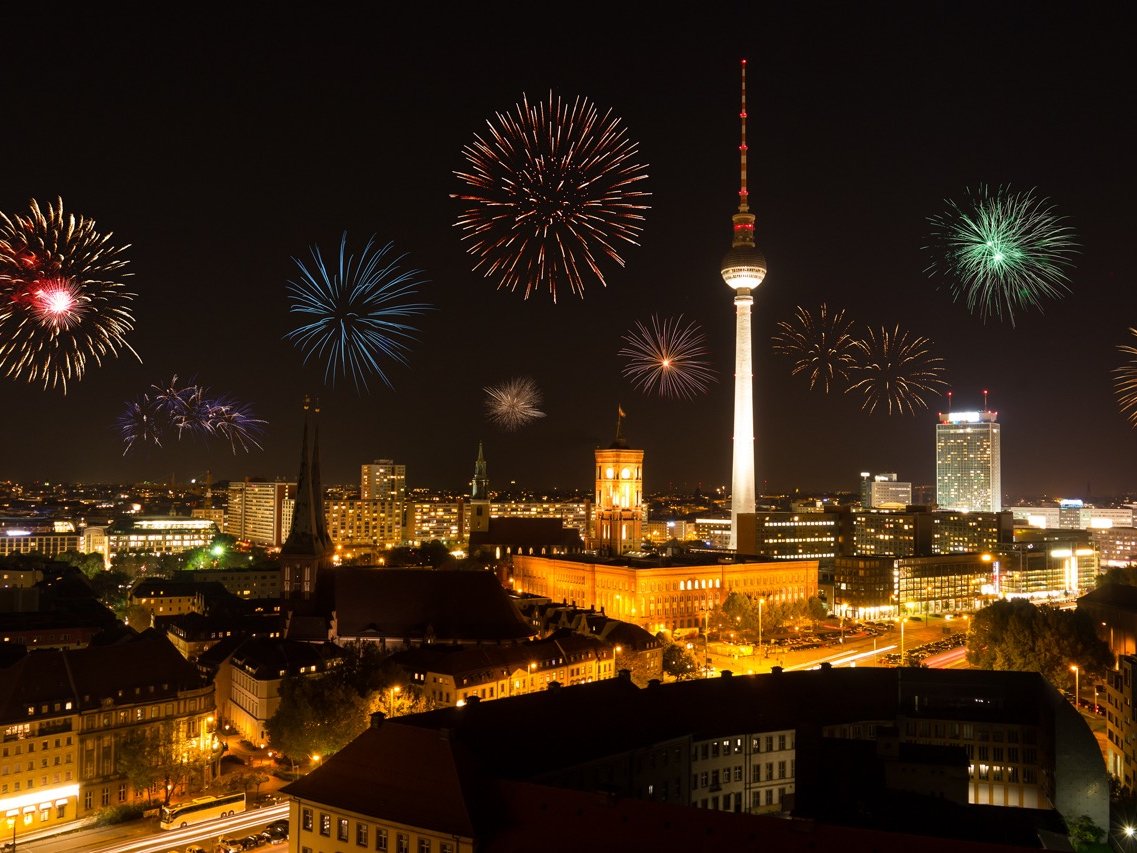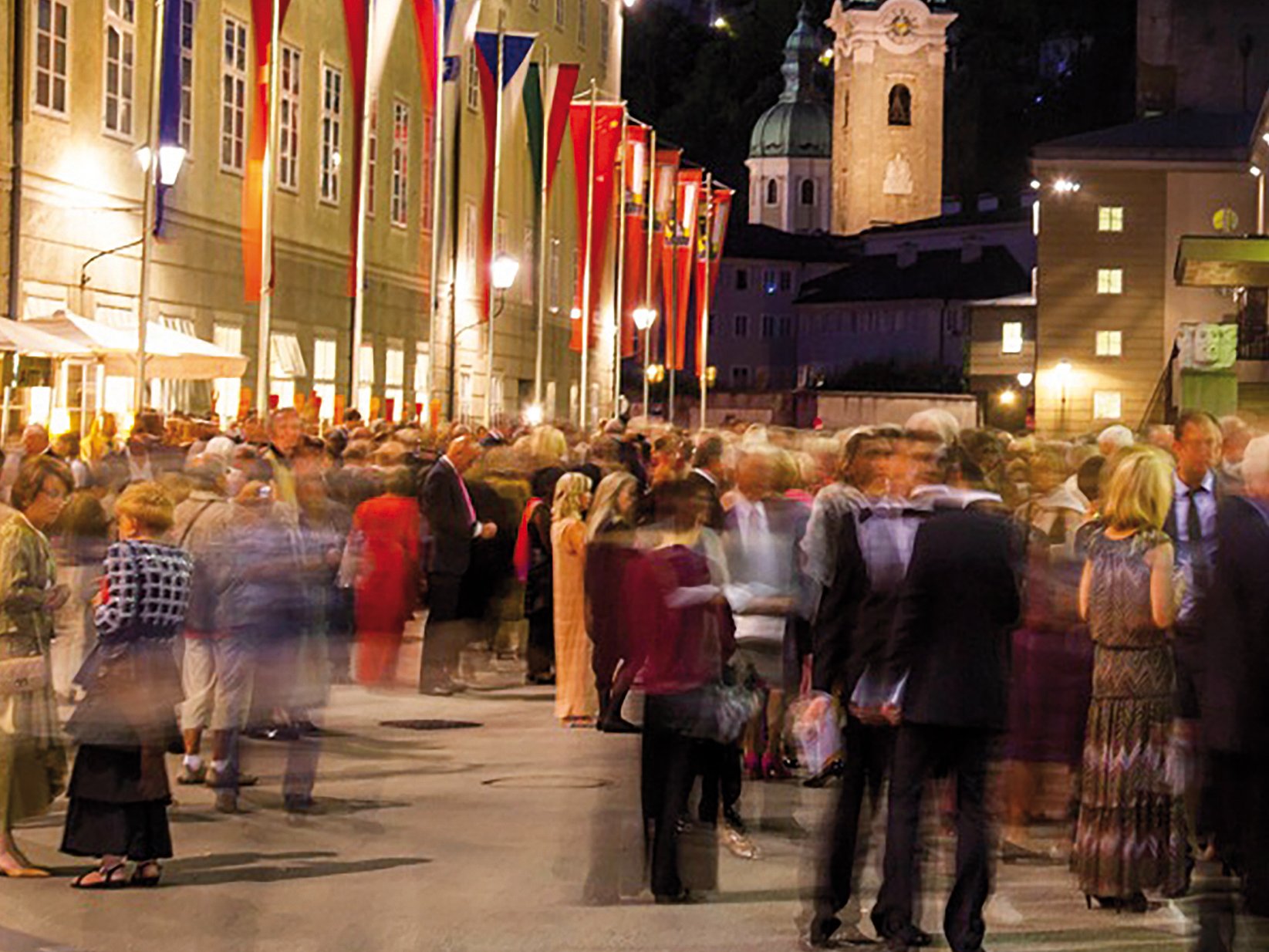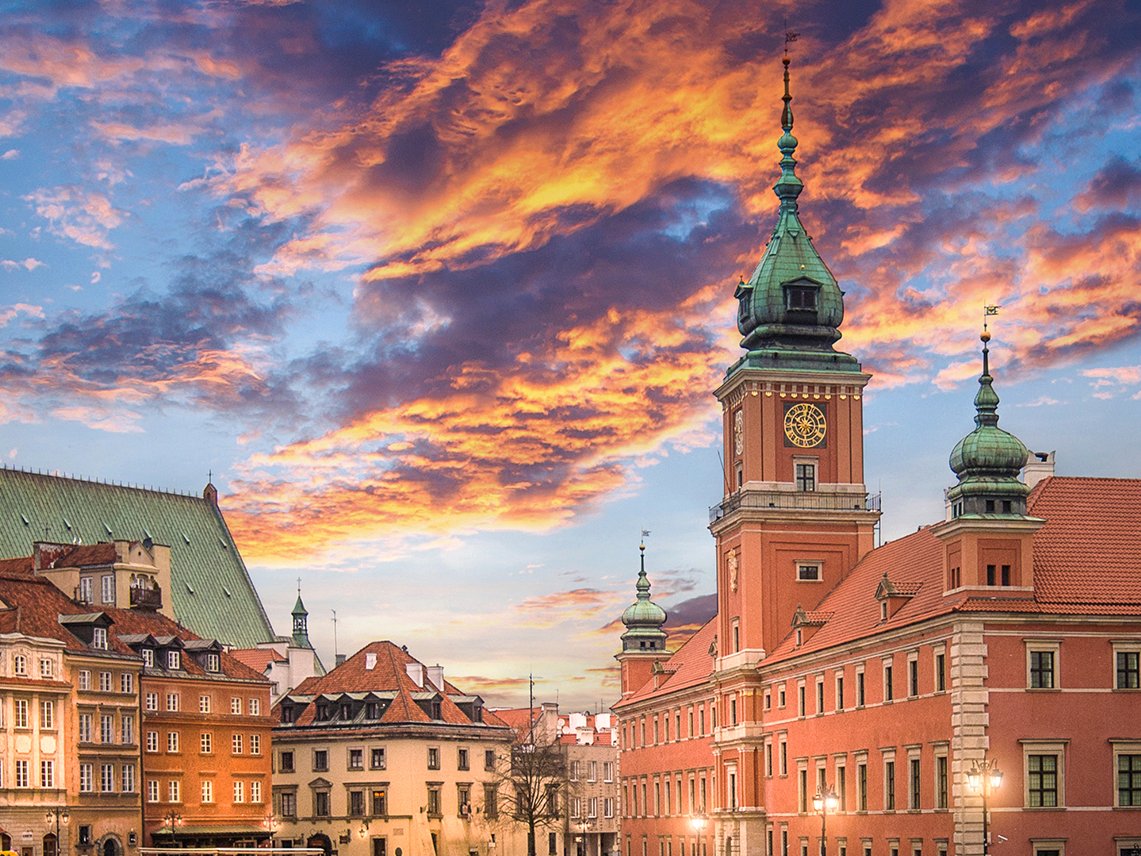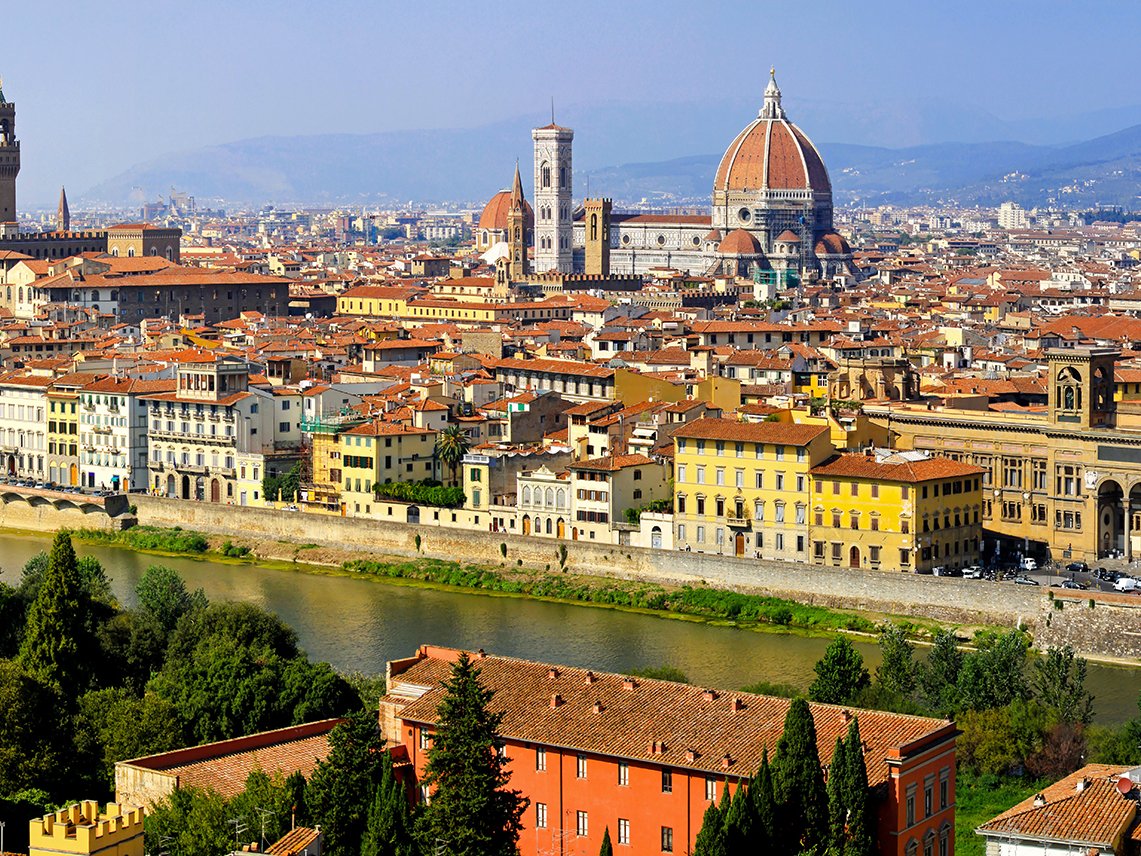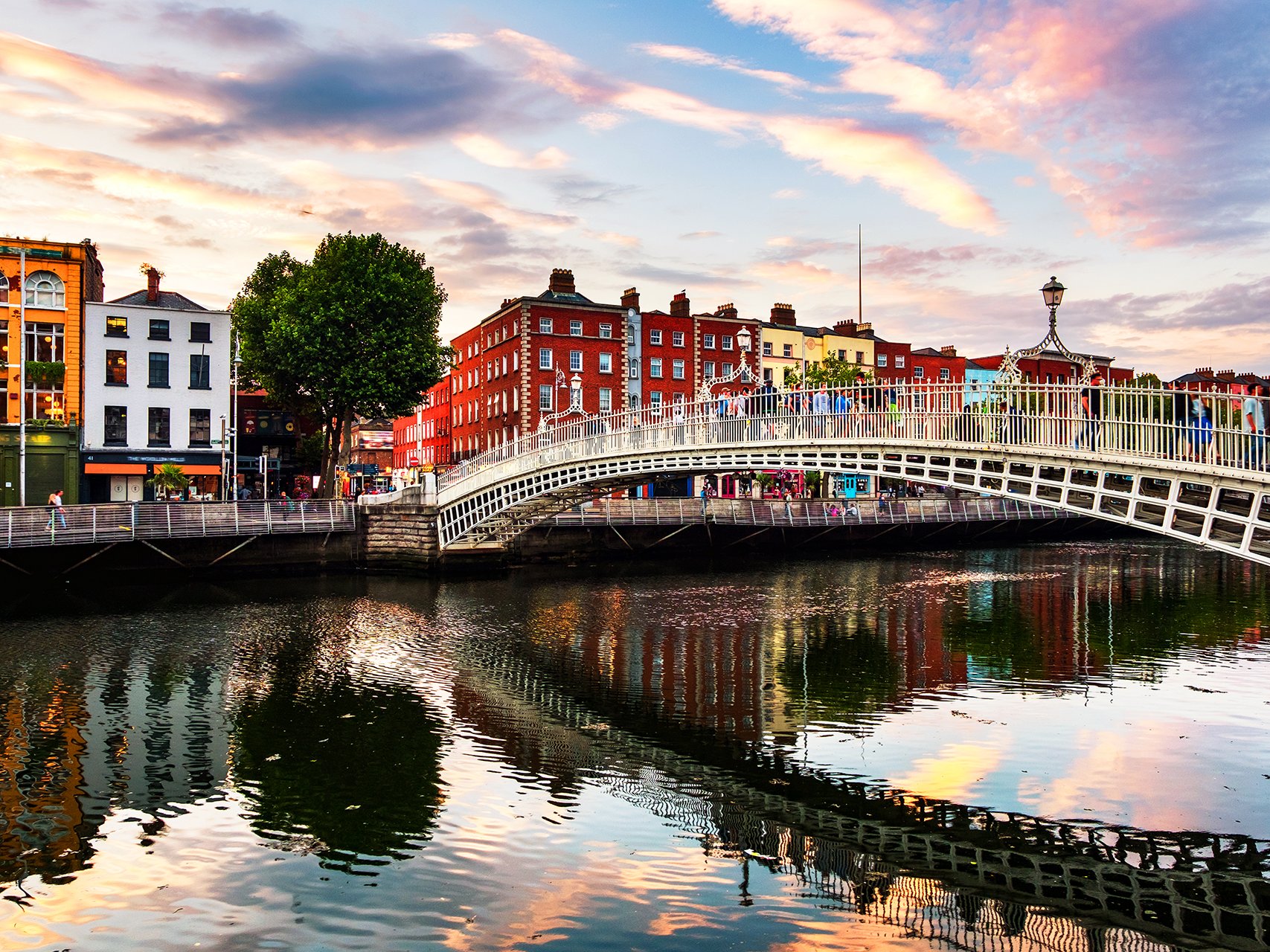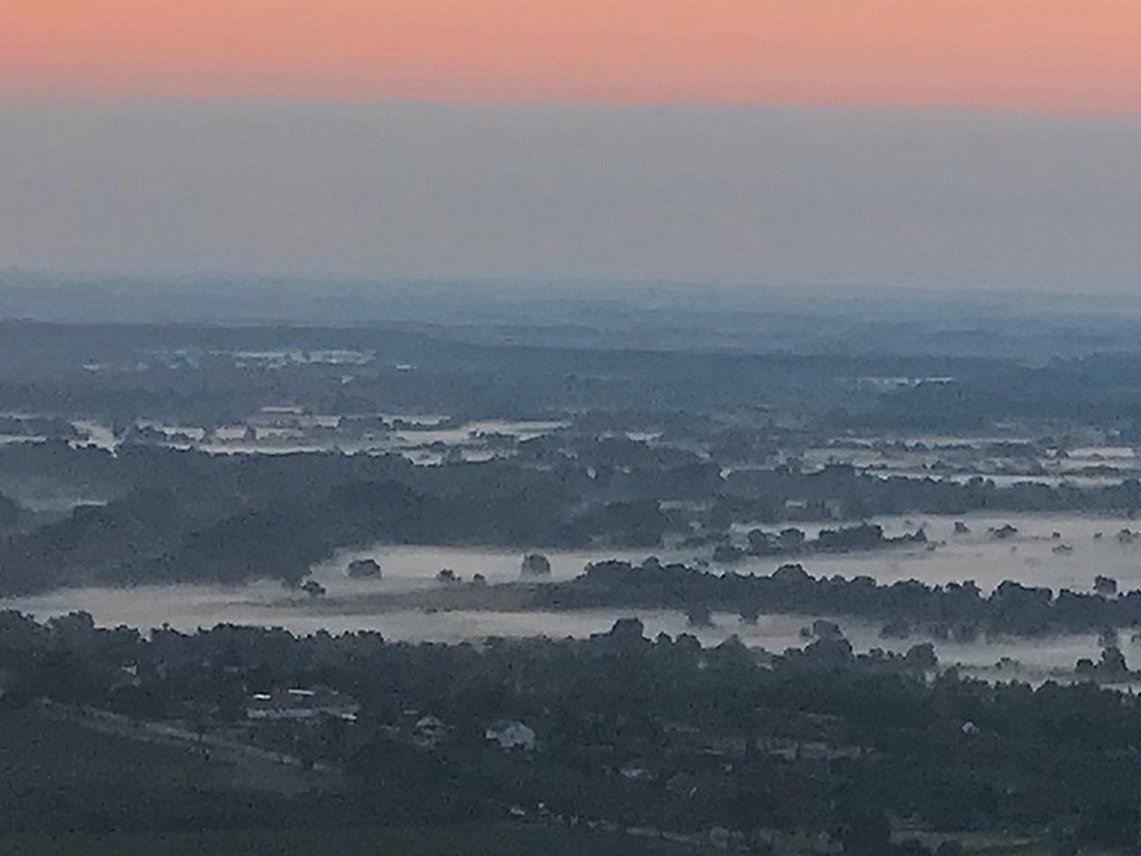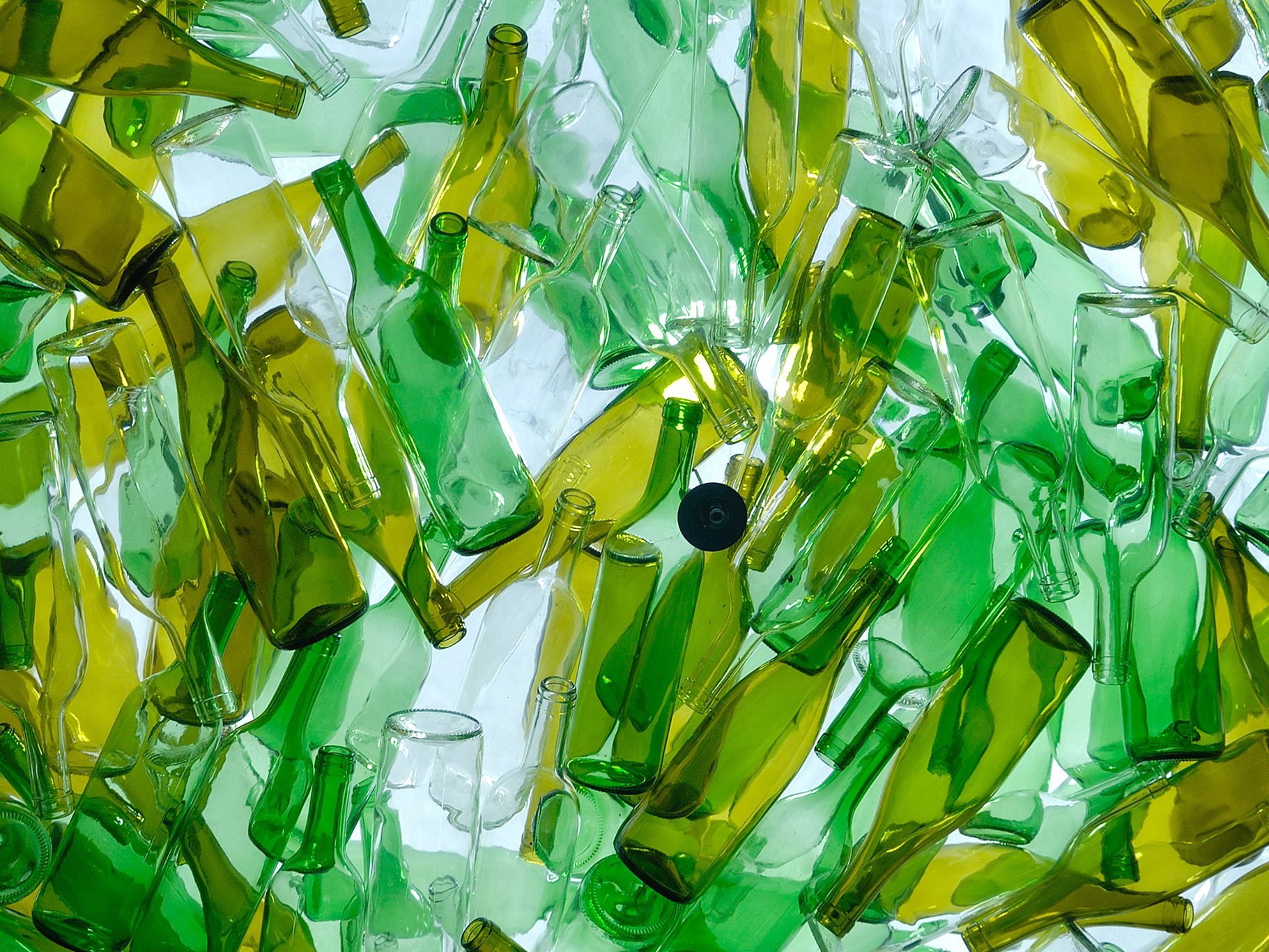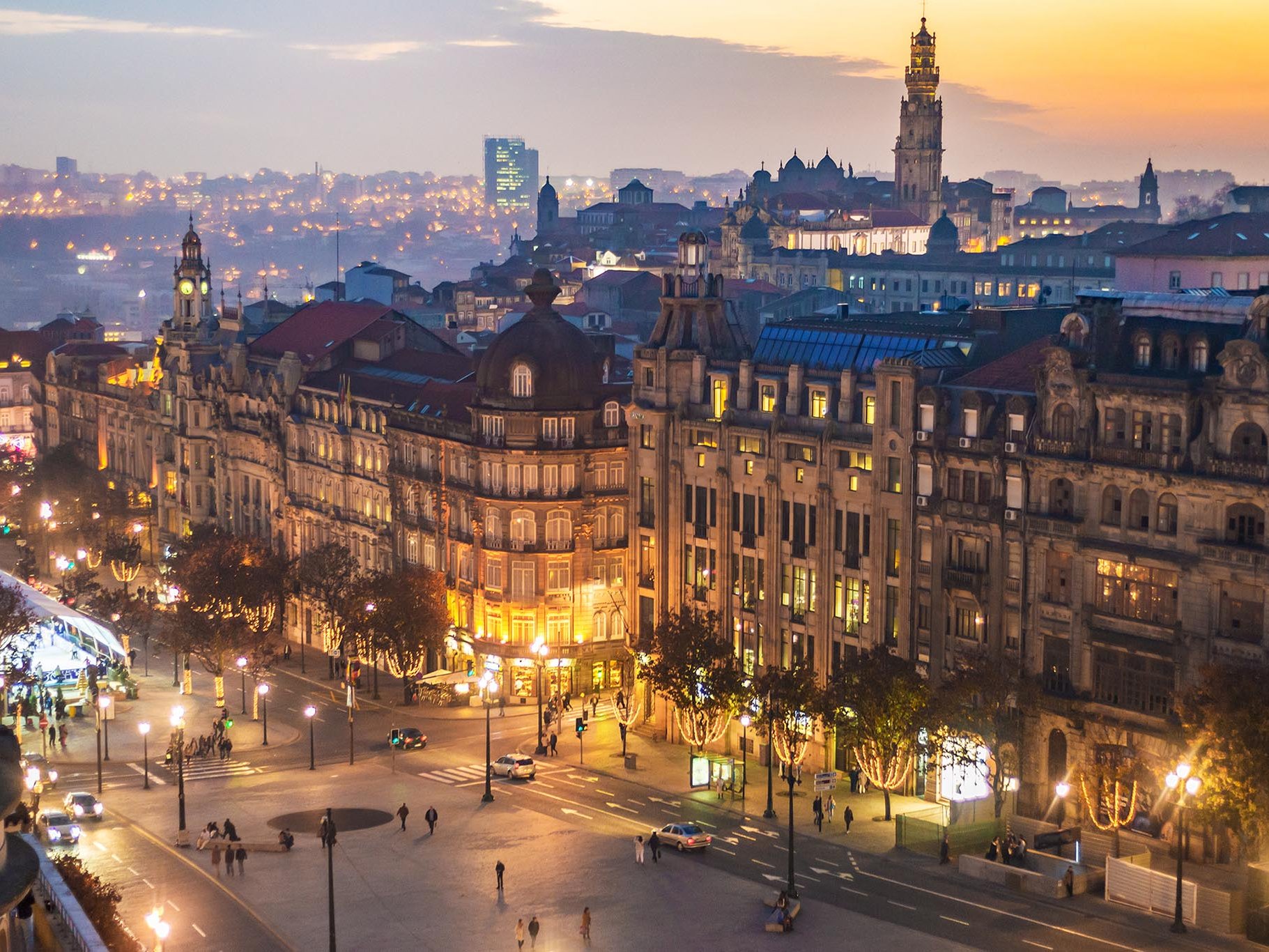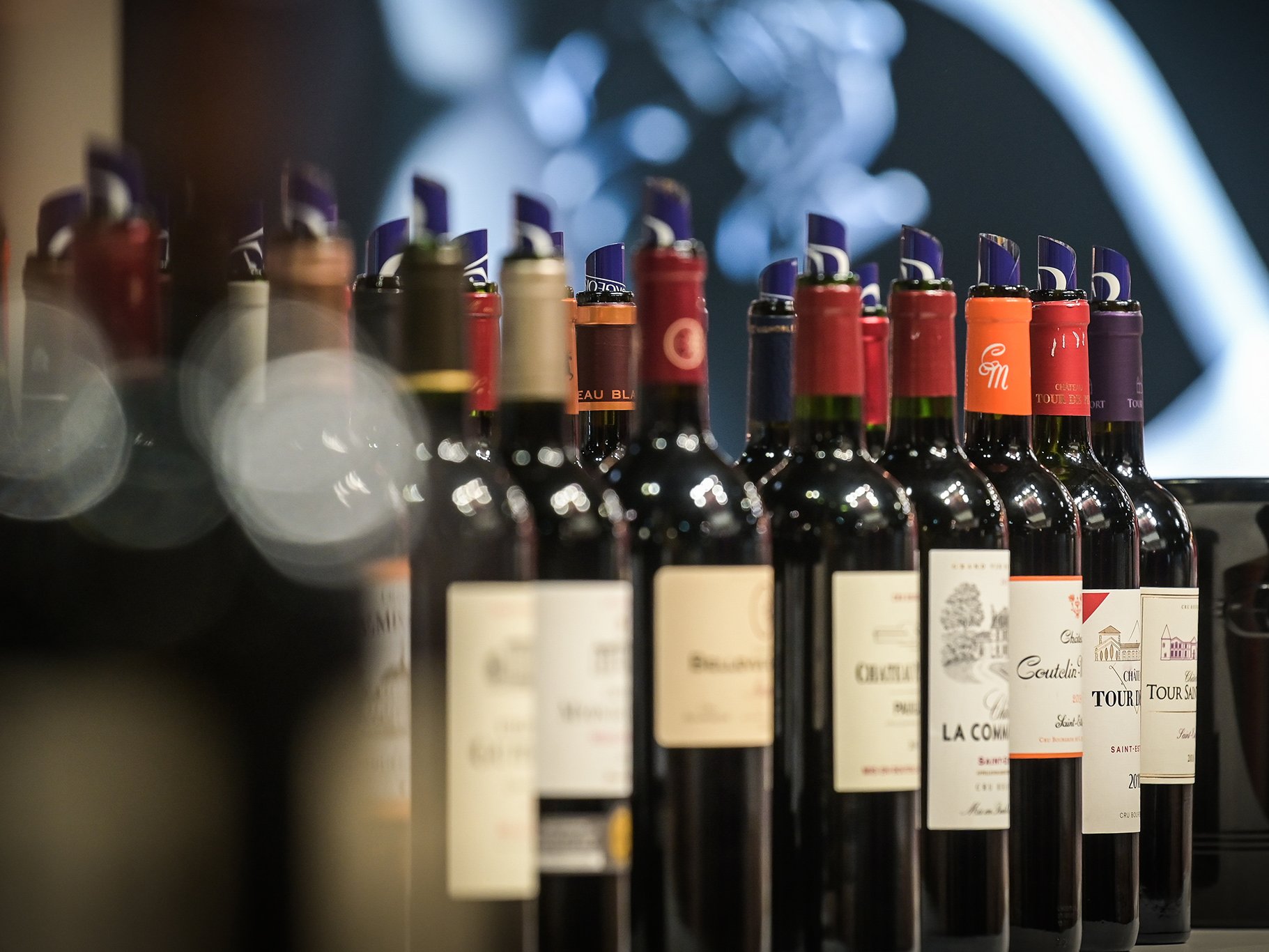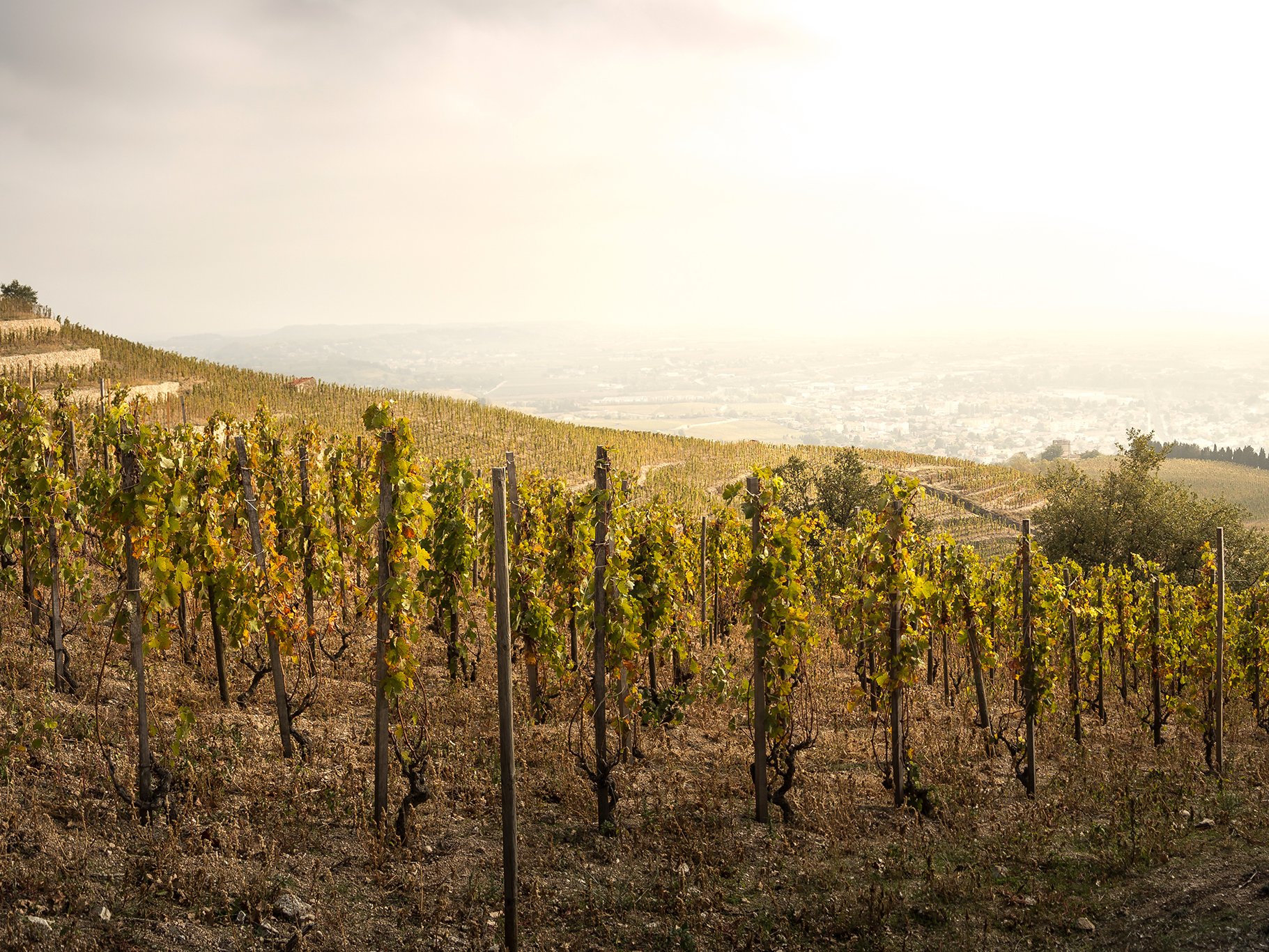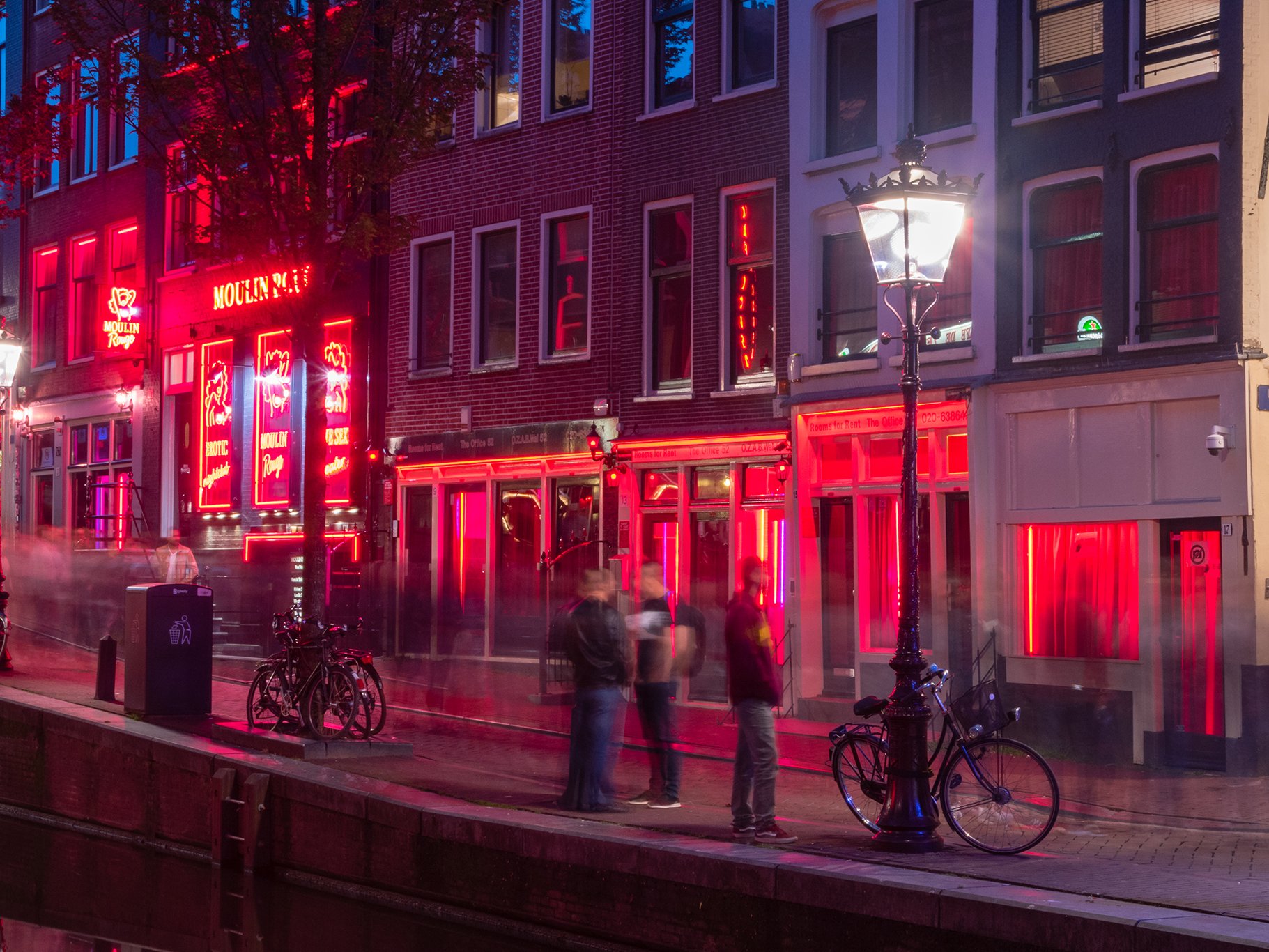Restaurant Icon: Schwarzer Adler in Germany
Schwarzer Adler in Oberbergen, Germany is legendary for its superb French cuisine, not to mention its own wines and a wine list that reads like a Who's Who of 'La Grande Nation'.
There are many vineyards in southwest Germany's Kaiserstuhl, which rose as a volcano from the Rhine plain about 20 million years ago. The roads wind from winegrowing village to winegrowing village, up and down, and seemingly behind every second bend, mobile reception cuts out. In the middle of it all, pretty much exactly where magma used to rise up to the volcanic crater, lies the village of Oberbergen, home to the iconic Schwarzer Adler restaurant.
"Whoever comes to us at the end of the world," says owner Fritz Keller, "doesn't stumble in by chance, but comes here on purpose and knows what to expect." Keller speaks of the "Black Eagle spirit", which goes back to his grandfather Franz Anton. "He learned how to be a chef and a cooper and worked in Reims, Paris and London before returning to Oberbergen and opening the Schwarzer Adler in 1893. This European spirit inspired my father, and inspired me. This spirit has taken over the whole house."
Two world wars did not extinguish this spirit. The friendly ties to France remained strong and the inn, which started out as a destination restaurant, gained a higher and higher profile over the decades. "My father was able to exchange the first wines with Armand Rousseau as early as 1947, Jewish wine merchants in Bordeaux also accepted him as a customer and Paul Haeberlin from Auberge de l'Ill regularly gave my parents lobster carcasses in the post-war period, sometimes still with unopened claws, so they could serve their salmon with lobster sauce."
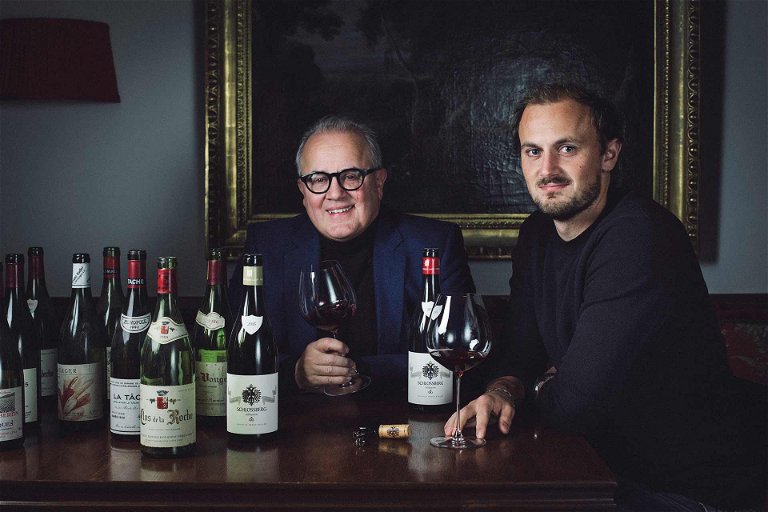
Gourmet cuisine and barrique wines
Keller's mother Irma cooked up the restaurant's first Michelin star in 1969. Officially, a man from the brigade was the head chef because "at that time, you wouldn't have thought a woman could do it," says Keller. But Irma Keller became a Baden Eugénie Brazier: the recipe for truffled poularde cooked in a pork bladder, which can be traced back goes to the three-star chef from Lyon, was on the menu in Irma Keller's time and is still there today. The other dishes from the canon of Adler cuisine also reflect an understanding of cooking based on French classicism. Then as now, turbot with beurre blanc and frog's legs in garlic butter are constants; motifs from Baden cuisine also appear, albeit featuring more as an accent to dishes.
Franz Keller, Fritz Keller's father, became a wine merchant who developed the best connections in the 1950s and 1960s. If today there are 33 vintages of Mouton-Rothschild on the wine list, 30 of Lafite or a dozen vintages of Armand Rousseau's Clos St. Jacques, the oldest bottles still date back to purchases by him. "Ninety-five percent of the wines in our inventory come to us directly from the winery or from the négoce in the first two years after bottling," Fritz Keller emphasises. "We don't have bottles that have travelled halfway around the world."
Franz Keller also developed viticultural ambitions. His clashes with cooperative members and association officials are legendary. Land consolidation was just as much a thorn in his side as the handling of so-called Süssreserve, i.e. unfermented, rectified grape concentrate used to sweeten wines before bottling, a practice that was commonplace in Germany at the time. In the 1980s, "Schenk noch emol i - s'isch Adlerwirts Wii" was still defiantly printed on Adler wine labels. This signaled that the wines were fully fermented and therefore easier to drink and more digestible than the wines of cooperative members, which were disfigured by Süssreserve.
In the early 1980s, Keller was also the first to print the term "Grauer Burgunder" (Pinot Gris) on a label in order to distinguish himself from the widespread botrytis-influenced and off-dry Ruländer. In 1985, son Fritz then opened a new chapter by first vinifying Pinot Blanc, Pinot Gris and Pinot Noir in barriques, and later on, Chardonnay. Many of these selections, christened "S" (as in Spätlese) or "A" (as in Auslese), are still in splendid condition today and represent real alternatives to the supra-regional and international range on the Adler wine list.
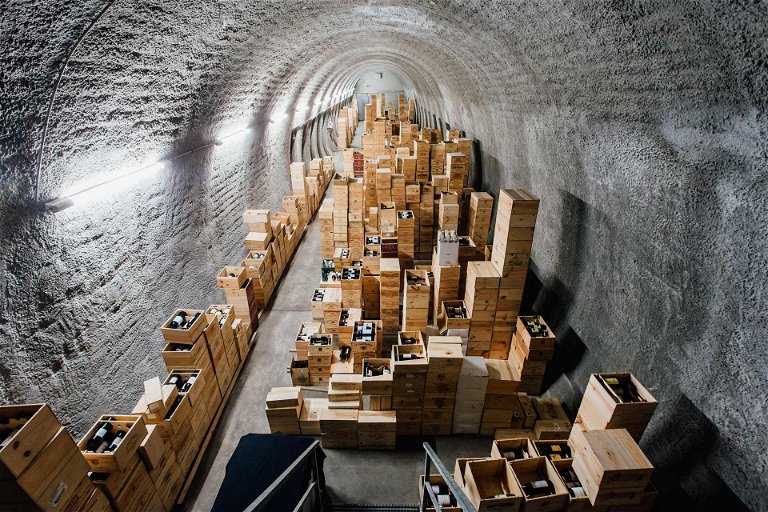
El Dorado for vinophiles
The wine list has always been just as big a drawcard for visiting Oberbergen as its cuisine. Today, the restaurant lists 4,000 items, mainly from Germany and France, across all price ranges. By the end of the 1960s, around the time of its first Michelin star, it already included around 80 first-class references. A bottle of 1959 Clos de la Roche by Armand Rousseau was on the menu for 20 Deutsche Mark, just over twice as expensive as a bottle of 1964 Oberbergener Rotebühl Pinot Noir for 9.5 Deutsche Mark. A bottle of La Tâche 1955 cost 50, about the same as a five-course meal. Even back then, the wines were fairly priced and only offered when they had reached a certain drinking maturity. This remains the doctrine at the Adler today. Currently, the youngest, simpler Bordeaux on the menu are about ten years old; among the classified Châteaux, 2004 or 2005 are the youngest years. The Burgundies are somewhat younger and there are also ones from 2017.
Wouldn't it be lucrative to sell Burgundy wines at auction, given the skyrocketing prices? Fritz Keller doesn't have to think for a second before answering: "These wines are only sold and drunk in one place – in our restaurant". There it is again, the "Black Eagle spirit", whose gastronomic DNA rises above all other considerations. Such continuity also thrives in the staff. Anibal Strubinger, the predecessor of the current chef Christian Baur, worked at the Adler from 1984 to 2018, 24 years as head chef. Maître Hubert Pfingstag has been in the house since 1976. "That's what the Adler is all about, the family atmosphere," says sommelier Melanie Wagner, who has herself been part of the Adler family for 19 years, "and the guests are part of that". "My wife is of course also very important in the operation of the business," adds Keller. Quite a few people who know the Adler, see Bettina Keller as providing a central strand of calm in the family business. She is ususally somewhast in the background, but has great integrative power and organisational overview.
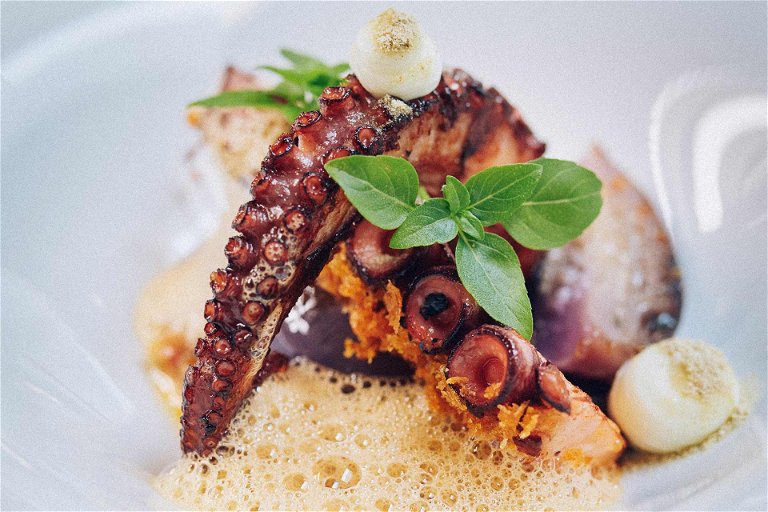
The star
The continuity includes the fact that the Schwarzer Adler had at least one Michelin star for 50 consecutive years. When the restaurant was stripped of this star in its 51st year, in the middle of chaotic Covid-dominated 2020, it was a shock for the entire industry. There were fears among those in the gourmet scene that the classic French style might fall out of favour with the inspectors of the France-based Michelin Guide, of all things. But Keller divulges: "They plausibly explained a few things to us that didn't add up during the test visit. It's like in football: if you lose the most important game, that's also good because it gives you the chance to get better." "
"But it was very emotional for us," Melanie Wagner picks up the story, "you question yourself completely. But most of the motivation came from the regulars, who said: 'Please stay the way you are'. That gave us a lot of strength." Fritz Keller remembers the evening when the news broke: "Hubert, our maître for decades, stood in front of the team that evening and said 'I'm not retiring until the star comes back'. Just one year later the Michelin star did indeed come back. "Completely by surprise," says Melanie Wagner. "My feeling is that the kitchen is better now than before," Fritz Keller says in summary.
Its star is certainly not central to the functioning of Schwarzer Adler as a work of art. The fact that every fourth guest or so comes to Oberbergen from France speaks for itself. "We still have the classic French Sunday lunch, where the whole family comes to the restaurant at twelve o'clock and sometimes doesn't get up from the table again until shortly before the evening service," Keller reports. "But we also have a gratifying number of younger guests coming to us – even those who dare to try a more mature wine with us for the first time because they know they will be well advised."
For an institution like the Schwarzer Adler, however, service is not just about preparing and serving food and drink, or even about the high quality of its products and service. Rather, it is a feeling. The experience of culinary culture, Fritz Keller emphasises, is always also an experience of community. "The table brings people together. If you eat and drink together, you don't make war." The ‘Black Eagle Spirit‘ celebrates enjoyment, and deep down it is also a spirit of understanding.
Visiting Schwarzer Adler
Address & contact
Badbergstr. 23, D-79235 Oberbergen
Germany
+49 7662 933010, franz-keller.de
The Schwarzer Adler's kitchen style has remained true to itself for over 50 years. It is committed to classic French cuisine and is always mindful of the connection between wine and food. Its extensive wine selection focuses entirely on France and Germany – the list reads like a Who's Who and its vintage depth is unparalleled.

